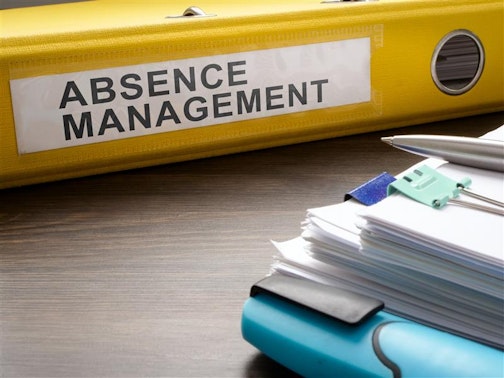
Blog
- Leave and Absence
Home
Resources
Leave and Absence

Charlie Herrera Vacaflor, Employment Law & HR Content Senior Consultant
(Last updated )

Charlie Herrera Vacaflor, Employment Law & HR Content Senior Consultant
(Last updated )
In recent years, Alberta’s government has introduced several updates to make the province a more responsive and secure place to work in. One of the most recent and time-sensitive amendments has the potential to affects small businesses across the province—especially those with Canadian Forces reservists on staff.
A temporary but important regulation under Alberta’s Employment Standards Code (Alberta Regulation 30/2025) grants job-protected, unpaid leave to reservists participating in military operations related to the 2025 G7 Leaders’ Summit.
This leave—effective March 31, 2025, and valid through August 31, 2025—also applies to pre- and post-deployment activities.
If you operate with a lean team, even one absence can disrupt operations. These changes could result in military reservists requesting leave with short notice, leaving small businesses scrambling.
Here’s what Alberta employers need to know:
Act now to safeguard business continuity and avoid costly Code complaints.
Previously, reservist leave applied only to deployments, emergencies, or training. The 2025 regulation expands eligibility to include all Canadian Forces reservists involved in G7-related operations.
Key Changes:
You may receive leave requests from employees who wouldn’t normally qualify under typical deployment policies.
Employers must treat this leave as they would any other protected leave under Alberta’s Employment Standards Code:
1. Identify Reservists on Staff
Knowing who may qualify for this leave helps you plan ahead.
2. Create a Standardized Leave Request Form
Include:
3. Collect Proper Documentation
Request official letters or orders from the Canadian Forces.
4. Implement a Leave Tracking System
Track key details such as leave start and end dates, handover plans, and the employee’s return-to-work status to ensure smooth operations.
5. Train Your Managers
Make sure supervisors understand how to respond to requests, handle documentation, and support returning staff.
6. Prepare for Staff Shortages
Cross-train existing employees or secure temporary staffing solutions.
Short Notice Deployments:
Some G7 missions may mobilize with little warning. Build in flexibility.
Flexible Return Dates:
Operations may extend. Be prepared to adjust coverage timelines.
Overlapping Leaves:
Reservist leave can overlap with other entitlements (e.g., parental leave). Understand how to manage multiple leave types.
Post-Deployment Reintegration:
Support returning employees through mental health resources and reintegration programs.
Alberta’s temporary reservist leave legislation may be short-term—but the risks of non-compliance are real and immediate. Small businesses, in particular, need to plan for potential staffing disruptions and legal obligations.
By understanding your responsibilities and updating your HR processes now, you can avoid costly penalties, maintain operational continuity, and support your employees in service to Canada.
Do you need help implementing these changes in your workplace?
Peninsula’s experts can provide you with the essential HR documentation, policies, and procedures to ensure your business remains compliant and protected. From leave tracking to manager training, we help you manage employee absences with confidence.
Call us today at 1-833-247-3652 to find out how we can help you prepare for the new Alberta reservist leave rules—and any other HR or health & safety challenge you’re facing.
Home
Resources
Leave and Absence
Find out what 6,500+ businesses across Canada have already discovered. Get round-the-clock HR and health & safety support with Peninsula. Click below to unlock free advice, policies, e-learning, and more.
